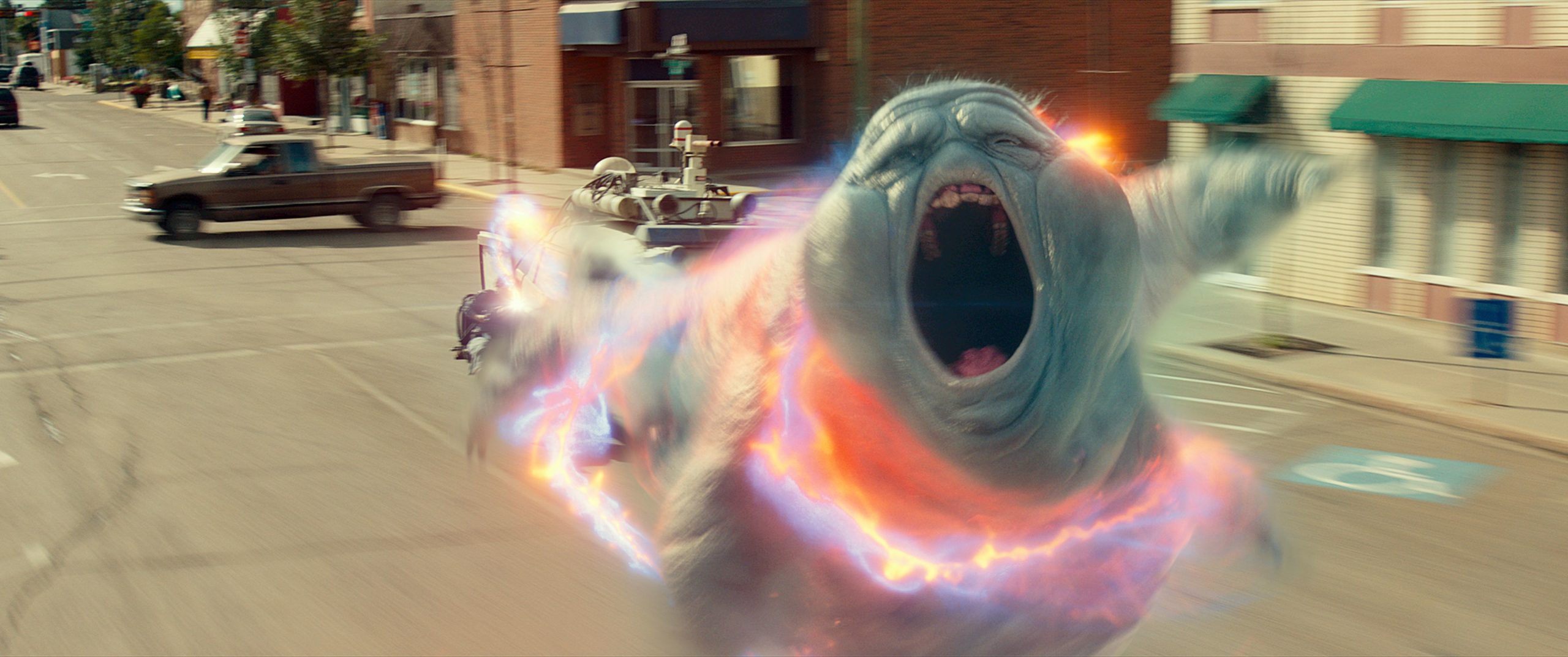When I observed Ghostbusters: Afterlife, the presentation commenced with Jason Reitman sitting down at an editing bay, genially introducing the movie he experienced just co-prepared and directed— a typical Gen X Alistair Cooke. Reitman promised enthusiasts of the comedy franchise “the best Easter egg hunt of their lives.†He also educated us that in the course of capturing, his father, Ivan Reitman, director of Ghostbusters and Ghostbusters II, sat in a director’s chair along with his son for the duration of manufacturing. “This is a movie about a relatives, made by a family,†he mentioned.
If by “Easter egg hunt,†Reitman meant a sluggish movement, backwards-on the lookout crawl via the ectoplasmic slime of poisonous nostalgia, then indeed, it is an Easter egg hunt. It’s undoubtedly not much of a motion picture.
|
Ghostbusters: Afterlife ★ |
Decidedly uncinematic— help save for the seat-rumbling thunder that accompanies its different explosions—and marked by unwell-conceived and badly-paced humor, Reitman’s film is guided by a barely hidden contempt for the intelligence of the admirers it so desperately courts.
As much as it staying a movie about a loved ones, I suppose that is legitimate on a specialized level. The tale follows Callie (Carrie Coon), a broke one mother—she is hardly ever presented a profession—who relocates with her two youngsters (Finn Wolfhard of Stranger Factors and Mckenna Grace of Young Sheldon) to a decrepit farm in Oklahoma that she inherited from her estranged and just lately deceased father. But the household dynamic shared by the people is toneless to the place of getting nonexistent, and the limp loved ones values it extolls are undercut by a script that is much more interested in folding this story into past Ghostbusters lore than in the individuals populating this iteration.
The movie is the second Ghostbusters feature— pursuing the Paul Feig directed 2016 reboot that this movie expunges, Stalin-like, from the formal Ghostbusters record— to be committed to the original film’s costar and co-screenwriter, the late Harold Ramis, who handed absent in 2014. His absence is felt most profoundly in the screenplay, which is missing the wit, humanity, and playful disdain for authority that the filmmaker behind Caddyshack and Groundhog Day made his trademark.
In its location are out-of-date jokes that continuously tumble flat and these types of barely drawn figures that it would seem a extend to even phone them bland.
Recently minted Sexiest Person Alive Paul Rudd, playing a seismologist inexplicably slumming as a disinterested summertime schoolteacher, attempts to recreate the irreverence Monthly bill Murray brought to the first, but he is presented minor to practically nothing to do the job from or with. Even much more egregious is the attempt at comic aid in the sort of a younger Asian-American character performed by Logan Kim, who has a extensive functioning podcast and so has been named Podcast by the screenwriters.
The squandering of expertise on the margins of the film is jaw-dropping. In addition to the film’s substantially ballyhooed and totally uninspired cameos, there is J.K. Simmons as a briefly reanimated corpse of the town’s occult-obsessed founder, the worse use of a onetime Oscar winner given that Dame Judi Dench donned the fur and tail for Cats. At least Tracy Letts, the Pulitzer Prize-successful playwright and actor who briefly seems as a hardware retail store proprietor pressured by the lazy script to discuss the text “ding-dang,†has the excuse that his wife, Coon, stars in the image.
The a single actor who rises previously mentioned the chasm-deep shortcomings of the script, co-composed by the younger Reitman and Gil Kenan (2015’s Poltergeist), is Mckenna Grace, who manages to eke out an inner existence for her science-pushed moppet Phoebe. But the young actor tread equivalent territory in 2019’s Annabelle Comes Home, a far superior sequel that provided additional exhilarating frights to which her expressive face could reply.
Which provides us to Jason Reitman’s assertion that the movie was made by a loved ones. (In addition to remaining his son’s righthand guy, Ivan Reitman serves as the film’s major producer.)
It is genuine that with Ghostbusters: Afterlife, Jason has entered the unofficial family members business enterprise of attempting and failing to recreate the inexplicable magic that manufactured the authentic Ghostbusters these types of a frothy delight. It is a fool’s errand, a single that led his father to make these kinds of utterly forgettable distinctive consequences comedies as 1989’s first Ghostbusters sequel, 2001’s Evolution and 2006’s My Super Ex-Girlfriend.
That Jason, who was the moment carving out his own Hollywood route with biting but humanistic comedies like 2007’s Juno and 2011’s Youthful Grownup, has decided on to consider up this dark mantle might in the end be the one most haunting factor to a motion picture which, in its obsession with seeking back, finds no way ahead.
Observer Testimonials are normal assessments of new and noteworthy cinema.

